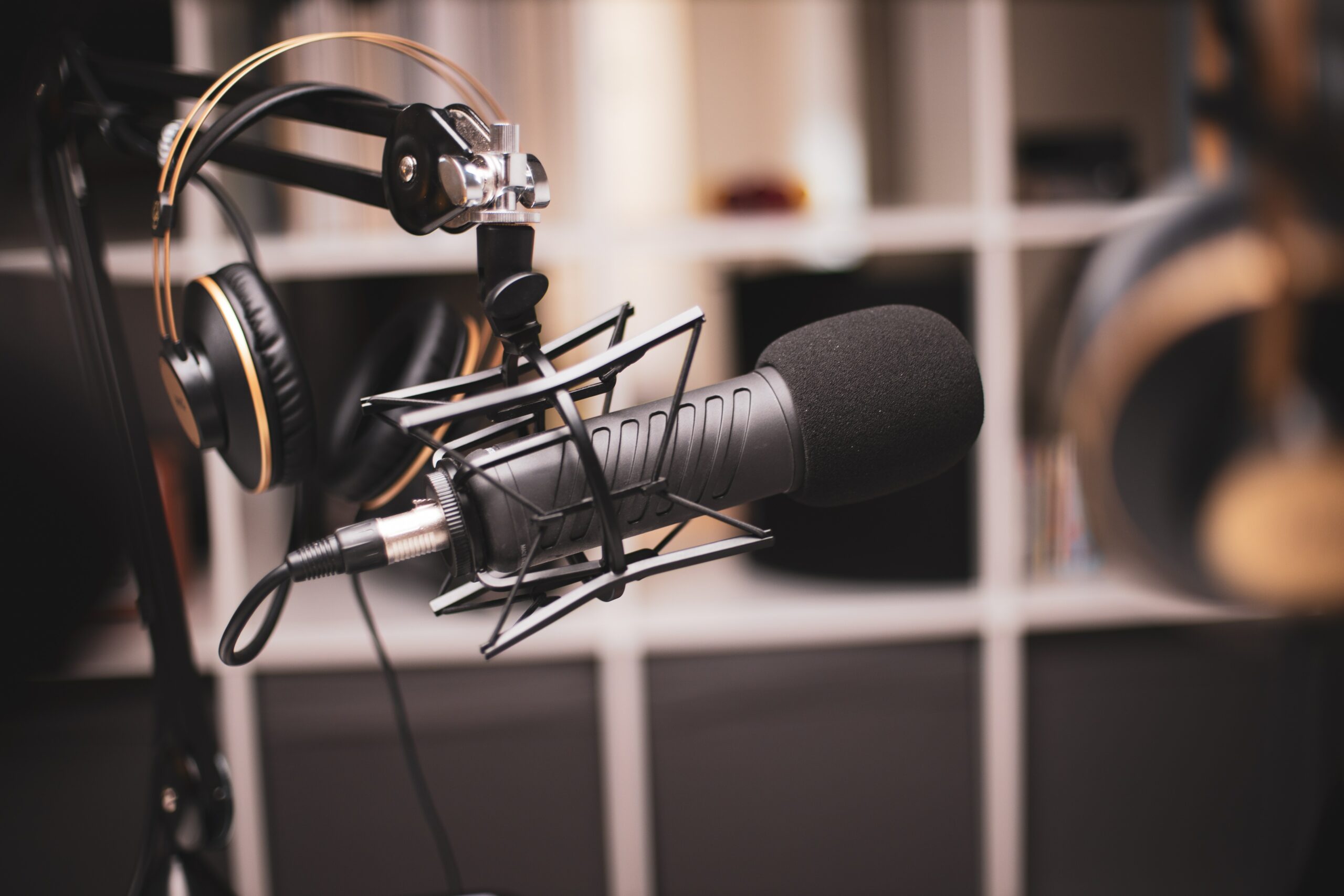Pastor J.D. explains why it’s important to not only read but also remember what you read with some helpful tips he’s found throughout the years.
A glimpse into this episode:
A guy once told me that in 5 years you’ll be the same person except for the books you read and the people you meet.
First of all, you should be reading.
- John Wesley, “Read or get out of the ministry.”
- “Readers are leaders.”
But assuming you already are a reader… I talk to people all the time who read a lot but are frustrated at how little they seem to retain. They want to know the secret to reading books well.
People always see my library, which is pretty large–over a thousand books, and invariably ask me the same question, “Have you read all of these?”
I believe it really doesn’t matter how many books you’ve read if you can’t remember what’s in any of them. As Proverbs 12:27 says, “Whoever is slothful will not roast his game, but the diligent man will get precious wealth.”
Here are my two action items for you on how to read a book well:
First, take notes.
- If you look into one of my books, you’ll notice that I underline passages, add stars next to others, and scribble short responses in the margins. Sometimes I’m agreeing with the author; sometimes I’m arguing; sometimes I’m making dumb jokes that only future J.D. will find funny. But I’m engaging the words, not simply looking at them.
Second, create a cheat sheet.
- This is the toughest part, and it’s where most dedicated readers fall off. After the book is done, and you’ve been scribbling throughout it, create a 1-2 page cheat sheet that acts as your guide for the book. I like to use the empty pages at the front of the book for this (which, if I’m remembering correctly, is what Mortimer Adler suggested in his classic book, How to Read a Book).
- Now, if you’ve ever seen one of my books, you know that my cheat sheet isn’t comprehensive (or even always legible). That’s okay: it’s not for anyone else but me. But that cheat sheet helps me remember what I liked about a book and where to find it. So at a glance, I can remember, for instance, that Tim Keller has a great evangelism analogy about a doughnut on page 46 (or whatever).
- I also have a filing system by topic and book of the Bible where I catalogue a lot of the helpful things I read. And after 20 years of ministry I’ve created a rich storage of useful things that I can use later for sermons or anything else.
I keep track of all of the books that I read, but it ends up being about 65-70 books a year. I also use a service called Blinkist that gives short summaries of leadership books.
What happens when the Bible and humanity collide? Not what you’d expect. Living & Effective, a podcast collaboration between Christianity Today and the Christian Standard Bible, journeys through history, current events, theology, and the human condition to uncover surprising ways the Bible accomplishes God’s plan in the world.”



